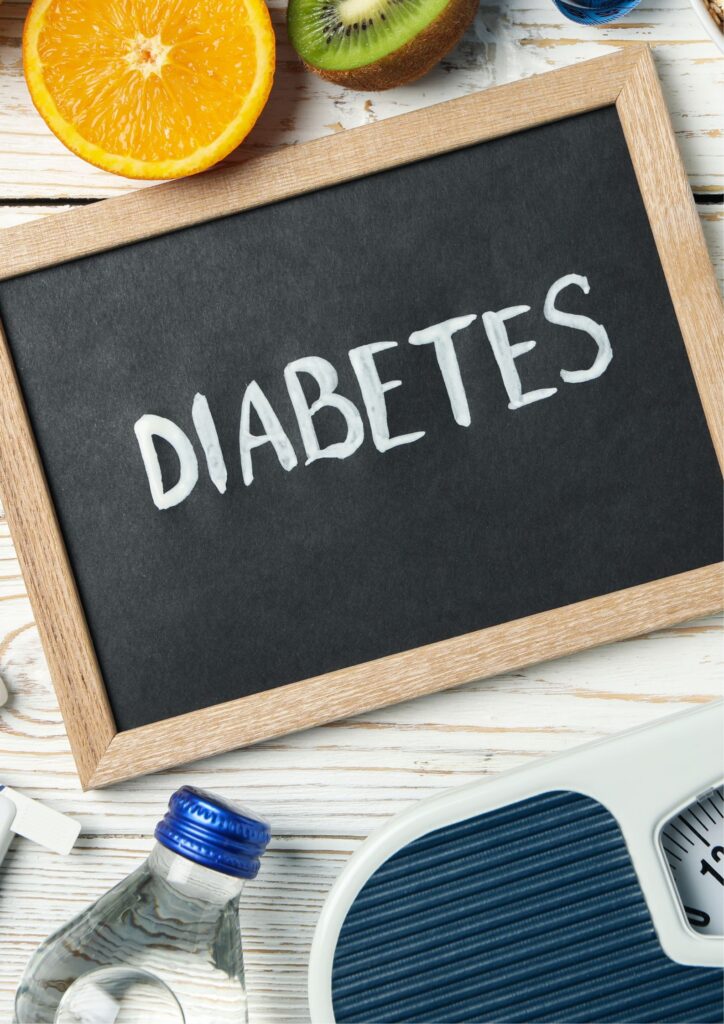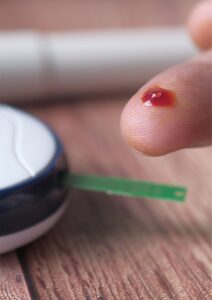Diabetes is a chronic condition that affects millions of people worldwide. Early detection and management are crucial for preventing complications and maintaining overall health. This blog will discuss the 10 warning signs of diabetes, helping readers recognize the early symptoms and seek appropriate medical attention. By incorporating findings from highly cited studies and scientific papers, we aim to provide valuable insights into the warning signs of diabetes.
1. Frequent Urination: One of the most common warning signs of diabetes is frequent urination, known as polyuria. This occurs when the body tries to eliminate excess glucose through urine. If you find yourself urinating more frequently, especially during the night, it may be a sign of diabetes.
2. Increased Thirst: Excessive thirst, or polydipsia, is another warning sign of diabetes. As the body loses more fluids through frequent urination, it tries to compensate by increasing thirst. If you constantly reach for a glass of water, it is important to consider the possibility of diabetes.
3. Unexplained Weight Loss: Sudden and unexplained weight loss can be a warning sign of diabetes, particularly type 1 diabetes. When the body cannot use glucose for energy, it starts breaking down fat and muscle tissue, leading to weight loss. If you notice a significant drop in weight without any changes in diet or exercise, it is essential to consult a healthcare professional.
4. Increased Hunger: Despite eating regularly, individuals with diabetes may experience increased hunger, known as polyphagia. This occurs when the body cannot utilize glucose properly, leading to a constant feeling of hunger. If you constantly crave food, it may be a sign of diabetes.
5. Fatigue and Weakness: Feeling tired and weak, even after enough rest, can be a warning sign of diabetes. When the body is unable to use glucose for energy effectively, it can result in persistent fatigue and weakness. If you experience unexplained fatigue, it is important to consider the possibility of diabetes.
6. Slow Healing of Wounds: Diabetes can affect the body’s healing ability. If you notice that cuts, bruises, or sores take longer to heal than usual, it may be a warning sign of diabetes. High blood sugar levels can impair the immune system and delay healing. 7. Blurred Vision: Changes in vision, such as blurred vision, can be an early warning sign of diabetes. High blood sugar levels can cause fluid to be pulled from the lenses of the eyes, affecting their ability to focus properly. If you experience sudden vision changes, it is important to get your eyes checked by an eye care professional.
8. Tingling or Numbness: Diabetes can cause nerve damage, leading to tingling or numbness in the hands, feet, or legs. This condition, also known as, peripheral neuropathy, can be a warning sign of diabetes. If you experience persistent tingling or numbness, it is important to consult a healthcare professional.
9. Recurring Infections: Individuals with diabetes are more prone to infections, particularly in the urinary tract, skin, and gums. If you experience frequent infections or have difficulty recovering from infections, it may be a warning sign of diabetes. High blood sugar levels can weaken the immune system, making it harder for the body to fight infections.
10. Increased Risk Factors: Certain risk factors can increase the likelihood of developing diabetes. These include being overweight or obese, having a family history of diabetes, being physically inactive, and having high blood pressure or cholesterol levels. If you have multiple risk factors, it is important to be vigilant and monitor for any warning signs of diabetes.
Recognizing the warning signs of diabetes is crucial for early detection and management. If you experience frequent urination, increased thirst, unexplained weight loss, increased hunger, fatigue and weakness, slow healing of wounds, blurred vision, tingling or numbness, recurring infections, or multiple risk factors, it is important to consult a healthcare professional. Early diagnosis and appropriate management can help prevent complications and improve overall health.









